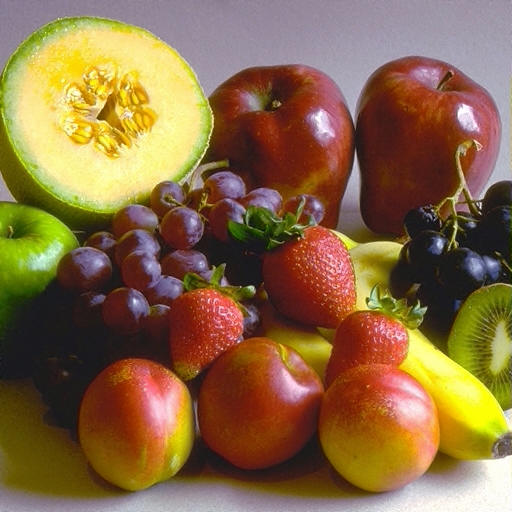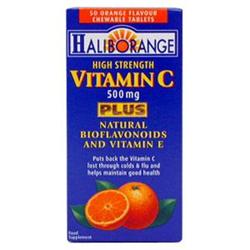
Vitamins
Vitamins are micro nutrients. You can’t make vitamins you have to get them through your diet. Vitamins are found in fruit, vegetables and whole grains. You can get two different types of vitamins:
· Fat Soluble- these vitamins are A, D, E, K. You can store these type of vitamins and they are transported in fats, too many of them can be bad for your health.
· Water soluble-these vitamins are B, C. You cannot store these vitamins but your body requires them every day. If these are consumed in excess them the body gets rid of them through your urine.
Each different vitamin has a different function.
Fat soluble vitamins
Vitamin A- this can be found in meat, oily fish, cheese and eggs. It helps to maintain your vision, keep skin, hair and mucous membranes healthy. It is also needed for tooth and bone growth. The recommended daily amount for vitamin A is 1.5mg.
Vitamin D- this can be found in fish, fish oils, egg yolk and fortified cereals. It helps to keep your bones and teeth strong. Also is required for phosphorus and calcium use. The recommended daily amount for this vitamin is 0.01mg.
Vitamin E- this can be found in nuts, whole grains and dark green vegetables. These help stop cell membranes from being damaged and are an antioxidant. The recommended daily amount for vitamin E is 15mg.
Vitamin K- this is found in leafy green vegetables. These are used in the formation of blood clots. The recommended daily amount for vitamin K is 70mg.
Water soluble vitamins
Vitamin B1- this is found in beef, pork, oat meal, soya beans, peas and beans. They are used to change food into energy and to help the cardiovascular and nervous system. The recommended daily amount is 1.5mg.
Vitamin B2- this can be found in milk, yeast, liver, cheese, fish, eggs and leafy green vegetables. This helps growth and reproduction. Helps keep skin and nails healthy, aids the metabolism of fats, proteins and carbohydrates. The daily recommended amount for vitamin B2 is 1.7mg.
Vitamin B3- this can be found in fish, poultry, rice bran and yeast. This is important for the synthesis of sex hormones, cortisone, insulin and thyroxin. Also assists in keeping the nervous system balanced. The daily recommended amount for vitaminB3 is 20mg.
Vitamin B5- you can get this from wheat germ, whole grains, mushrooms, fish, green vegetables and peanuts. This helps to build cells, maintain normal growth of the central nervous system. Aids in the process of converting sugar and fats into energy. Helps form antibodies and hormones. The recommended daily intake of vitamin B5 is 10mg.
